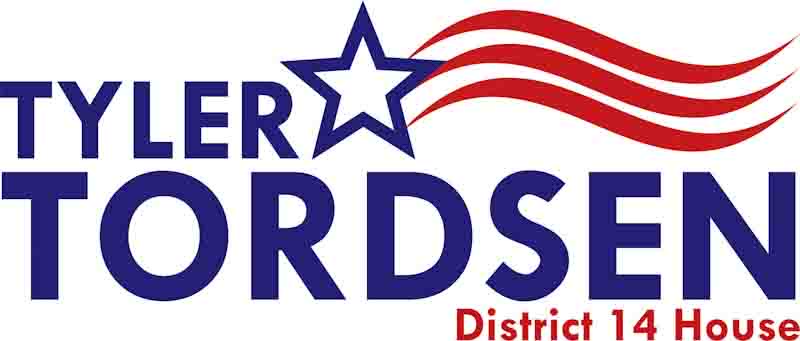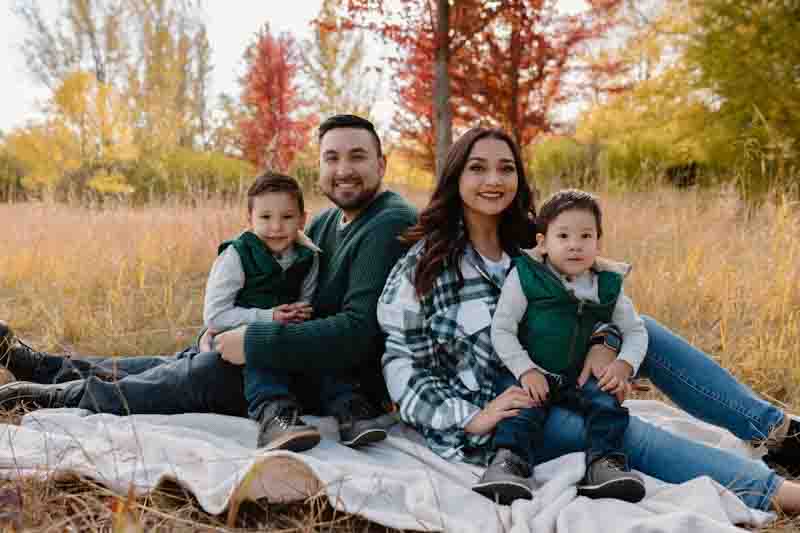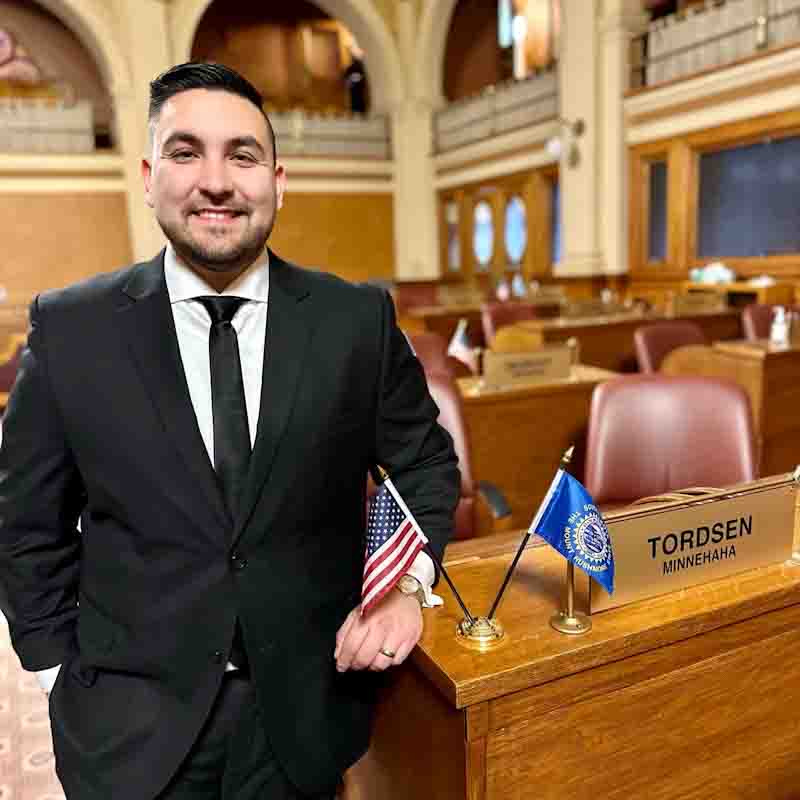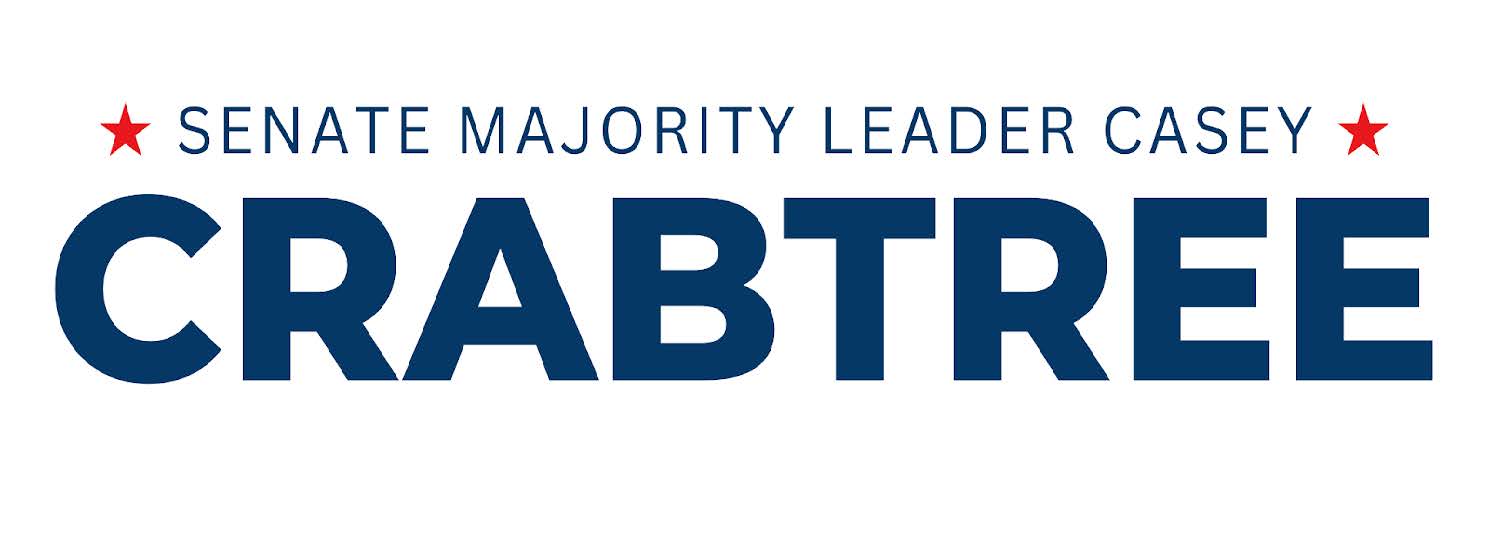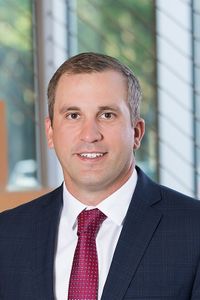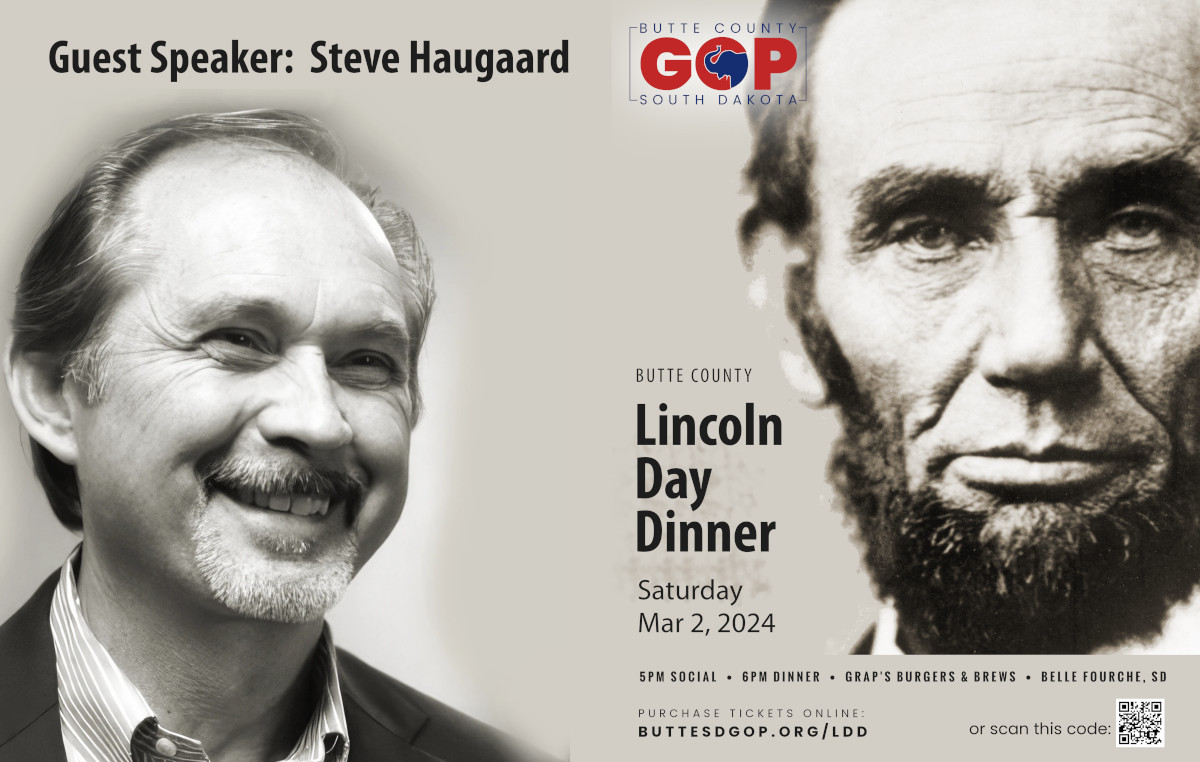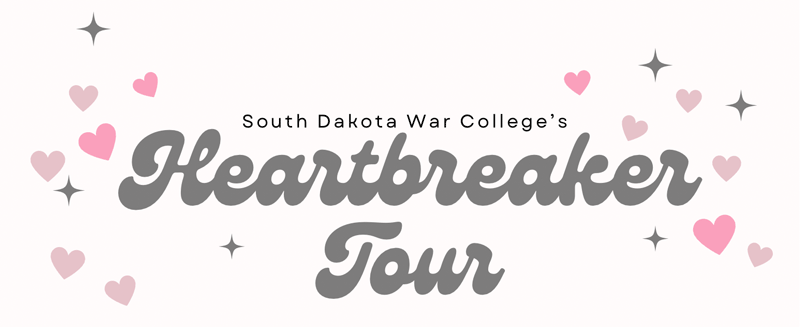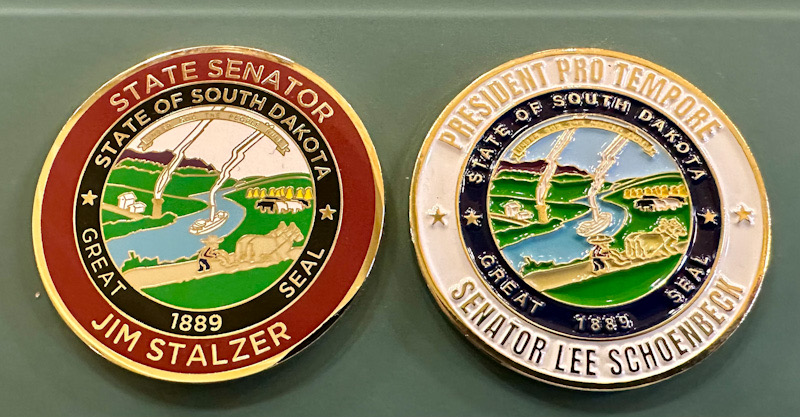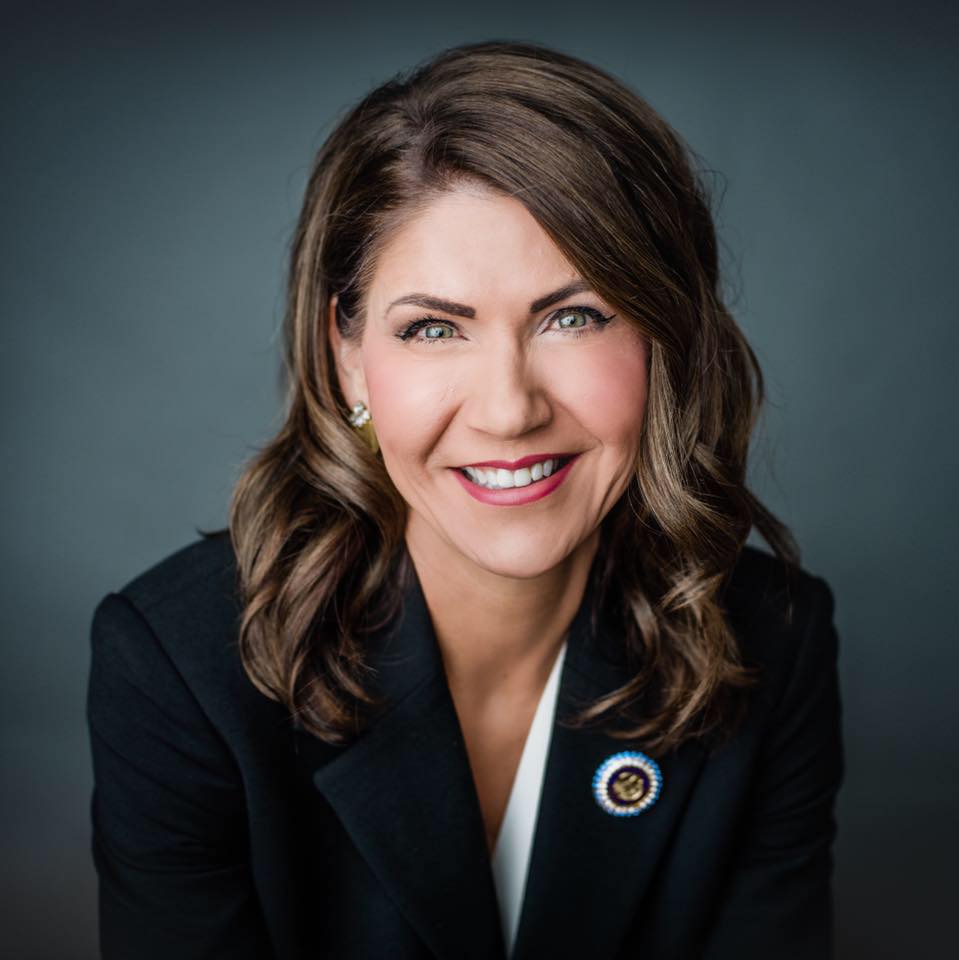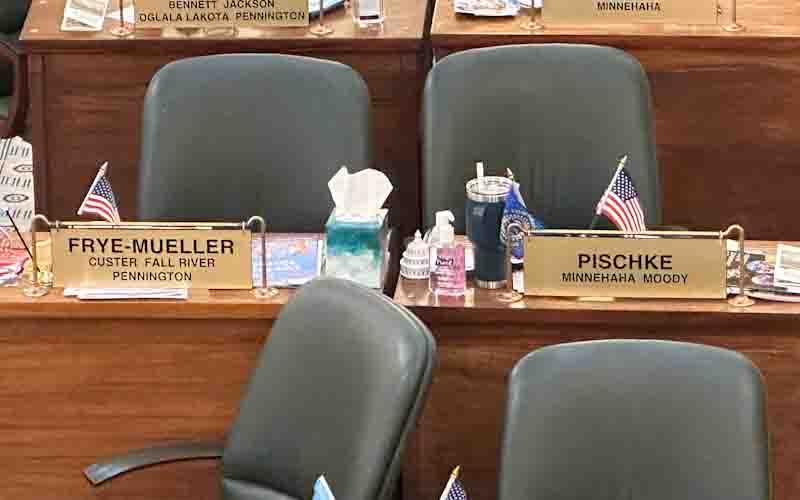Senate bill 13 needs to pass the Senate tomorrow. Unless we want to continue insulting voters.
Did I mention yet that I am involved in a primary this year?
I am running for precinct committeeman, and for the third or fourth election in a row, I have an opponent. Same guy always files for the same office as I do, for the privilege of representing our precinct at the South Dakota Republican Party state convention.
Which really makes the argument against down ticket statewide officials not standing for primary elections kind of fall flat for me. Why is the office of precinct committeeman – always dead last on the ballot – worthy of a primary in front of the voters for my chunk of the city of Brookings, but Attorney General or Secretary of State is not deserving of similar scrutiny by the voters at large?
Senate Bill 13, an act to revise the process for nominating candidates for the offices of Lieutenant Governor, Attorney General, and Secretary of State is up for debate on the Senate floor tomorrow, after passing unanimously 9-0 out of the Senate State Affairs committee this last week
While it seems that we’ve heard this a couple of times in the legislature already this year, and this is the second time the Senate has had the opportunity to debate and discuss the measure, that being said, it is a measure that deserves far more serious consideration than it may have received over the course of the legislative session.
In its prior incarnations, the proposals to change how South Dakota political parties select a couple of the offices that are currently chosen at party conventions have been subjected to conjecture and scare tactics which are utter nonsense as some try to preserve the current way of doing things.
Currently there are 301,869 registered Republicans in South Dakota. So, at least 301,000 are disenfranchised from selecting the primary candidates for their party for most state offices under the current system.
The arguments against it absolutely crumble under their own weight.
Some are naïve enough to declare that the group of delegates who gather at political conventions are performing some vital vetting process that the poor uneducated voters of South Dakota are incapable of doing on their own.
As an active participant, I could tell you that’s a ridiculous, and kind of insulting, notion. Convention delegates are just versed in how to fill out a piece of paper, and we like to participate in state politics, and go to the convention.
The act of putting an address on, filling out the precinct number, and signing a one page form does not grant us any greater insight or wisdom than the public at large has.
Another argument that opponents like to throw out, is that big money interests would somehow be able to sway the elections for nefarious ends. Sometimes they even bring up George Soros as a bogeyman.
I can’t help but roll my eyes at this. If this was the case, then, why are these bad actors only discussed in terms of the primary election? I would think that they would find more fertile ground in the general election. But where are they? They never seem to appear.
It might have something to do with the fact that these offices don’t really have people throwing out cash left and right to elect constitutional offices.
If there were all these dark monied special interests ready to pounce on our down ticket races, I suspect our current Secretary of State, Monae Johnson, would be reporting more than $324 in her campaign account after she loaned it $1500, as I posted about recently.
Ultimately, it comes down to a question of whether we trust the voters of our political parties or not.
301,869 Republicans and 145,449 Democrats, do we trust them to select the candidates who will represent their parties in the fall elections? I do. And I think we’ve gone past the time to think that individuals don’t have an interest in selecting the candidates who will represent their party.
As I tried to communicate in my testimony to the Senate state affairs committee on Senate Bill 13: Don’t be afraid of the voters! Don’t patronize them by pretending that a group of a few hundred people are smarter than a group of 300,000.
Voters as a group are smart people and acting together they make good decisions. If voters at large can choose their coroner, their county auditor, legislators and governor in a primary they are capable of choosing their Attorney General and Secretary of State the same way as well.
Unless we want to continue insulting voters.

